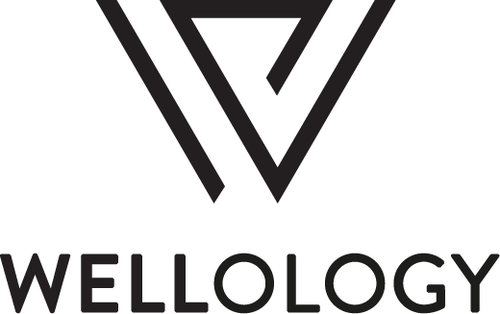Harvard professor and wellness expert Dr. David Sinclair wrote in his book ‘Lifespan: Why We Age and Why We Don’t Have To’ that: “We’re all too slowly coming around to the shameful recognition that, for most of medical history, our treatments and therapies have been based on what has been best for males, thus hindering healthy clinical outcomes for females. Males don’t just differ from females at a few sites in the genome; they have a whole other chromosome.”
This fundamental difference in male and female biology is reflected in many different attributes not least our differing sexual organs and processes. The menstrual cycle for a large part of human history was not recognized as being an essential part in the health of women as wellness was a largely male pursuit but that’s no longer true and in recent years two incredible realizations have been made in the scientific community:
The first is that a continuous menstrual cycle is an indicator of the continued wellness of women. This is because during the menstrual cycle the female body releases greater levels of estrogen and when the body stops producing it during menopause, it’s a sign the body is decaying. Researchers in the journal of mid-life health explains that “Menopause is not a central event but rather a result of primary ovarian failure secondary to apoptosis or programmed cell death.” Which is to say that menopause is caused by the same aging processes that result in cancer, Alzheimer’s and a host of other degenerative diseases. If women were to have their menstrual cycle continued beyond the usual expected age at natural menopause (ANM) it could mean a longer life in health. Which brings us into the second scientific breakthrough…
It is possible to extent the menstrual cycle, perhaps indefinitely. The science is still in relative infancy, but Dr. Jonathan Tilly of Northeastern University has been successful at creating reproductively viable eggs in female mice. This goes against the conventional wisdom that a female’s eggs are finite and cannot be increased, once they’re gone, they’re gone. If we can safely promote the increased production of eggs in women then we have a good shot of extending the menstrual cycle, promoting the increased and continued release of estrogen promoting healthy cell reproduction and preventing degenerative diseases associated with aging. Of course, there’s a huge secondary plus out of this, increasing egg count in women extents and increases the chance of conception for women who are struggling with it without expensive medical treatment. Promoting menstrual health is key in not just extending life but increasing fertility throughout.
So, what part does resveratrol play in this? Well Dr. Sinclair who discovered the powerful life promoting effects of resveratrol argues that resveratrol as well as another naturally occurring supplement, NMN, will play a key role in promoting a continued menstrual cycle. This is because resveratrol and NMN mimic the effect of sirtuins which are a class of protein that regulate gene expression and help repair DNA damage. Using these supplements doesn’t guarantee an extended menstrual cycle but there is extensive evidence that it promotes cell production and the prevention of degenerative diseases with the added effect of promoting fertility. Because these supplements are naturally occurring, they’re relatively easy to get your hands on and don’t come with the associated side effects that so many drugs do. Their upside is potentially immeasurable and Dr. David Sinclair already believes them to have helped him take ten years off his age and promote vitality.


Back to News